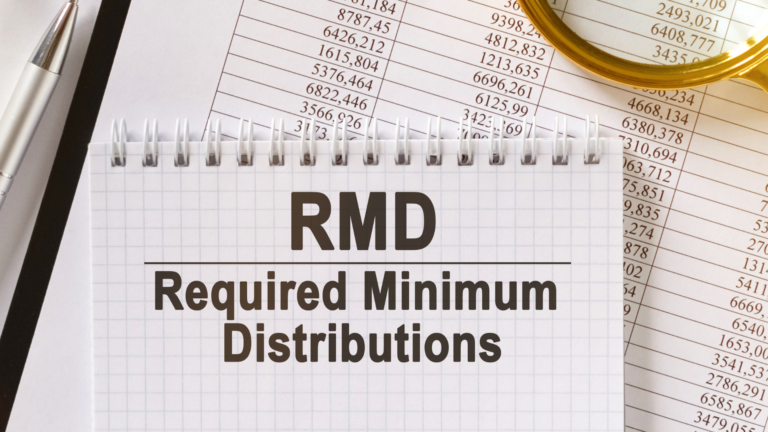
On July 4th, 2025, the One Big Beautiful Bill Act was passed into law by President Trump. One of the many provisions it introduced is a new financial tool for minors called the Trump Account. These special accounts are designed to give children a head start on building wealth by offering tax perks, government contributions, and opportunities for growth. But are they as good as they sound, or do existing options still have the edge?
Trump Accounts: The Basics
The Trump Account is essentially a tax advantaged investment account for children, where parents or guardians can contribute money on their behalf. Here’s how it works:
- Government Money: A huge benefit is that children who are born between January 1, 2025, and December 31, 2028, are eligible for a $1,000 government contribution to kickstart the account. The idea is to give kids a little extra push when they start saving.
- Annual Contributions: Parents can contribute up to $5,000 a year into the account. On top of that, the parent’s employer can contribute up to $2,500 annually, and these employer contributions won’t be taxed as income. These contributions from employers are made with after tax dollars, so there is no tax deduction. Parents and employers can’t contribute after the child turns 18.
- Growth Potential: Funds are invested in diversified index-based portfolios tracking major U.S. equities (such as the S&P 500).
- Tax Benefits: Money in a Trump Account grows tax-deferred, meaning you won’t pay taxes on earnings until they are withdrawn. Until the child turns 18, the account is held in a custodial structure, and withdrawals are generally not allowed (with limited exceptions for disabilities). At age 18, the account would roll into a Traditional IRA, where standard IRA tax rules apply—including taxes on withdrawals and a 10% penalty for most withdrawals before age 59½, unless certain exceptions are met.
- Withdrawal Exceptions: No distributions are allowed to be made before 18, but after 18 there are some exceptions to taking money out without penalties:
- Paying for higher education.
- Disability, domestic abuse, or natural disasters.
- $10,000 for a first-time home purchase.
- Up to $5,000 for the birth or adoption of a first child.
All distributions after 59½ are taxed as ordinary income and are penalty-free.
Who Can Use Trump Accounts?
Anyone can open a Trump Account for their child, but the $1,000 government bonus is only available for children born between January 1, 2025, and December 31, 2028, who are U.S. citizens with a Social Security number. This makes the bonus essentially a limited time offer for children born in that window for now.
The accounts are expected to be available starting July 4th, 2026 (this will include children born within the January 1st, 2026, deadline.
Comparing to Other Accounts
While the Trump Account offers some benefits, there are other types of accounts that might work better for different goals. For example:
- 529 College Savings Plans: If you’re primarily saving for your child’s education, a 529 plan offers more flexibility and tax advantages when it comes to education-related withdrawals.
- Custodial Accounts (UTMA/UGMA): These accounts have higher contribution limits. They’re also more flexible when it comes to who can contribute.
- Traditional Brokerage Accounts: If you don’t need the tax perks and just want to invest for your child’s future, a regular brokerage account might offer the most flexibility.
How Can We Help?
The Trump Account may be a good option, especially if your child qualifies for the $1,000 government boost. If you’re looking for a long-term, tax-deferred investment vehicle for your child’s future, it could be worth considering. At BCA Private Wealth, we would love to help you plan for children’s future and your own.
Copyright © 2025. BCA Private Wealth. All rights reserved.
Our mailing address is:
BCA Private Wealth
15 Halton Green Way
Greenville, SC 29607
Disclosure:
BCA Private Wealth is a registered investment adviser. The advisory services of BCA Private Wealth are not made available in any jurisdiction in which BCA Private Wealth is not registered or is otherwise exempt from registration.
Please review BCA Private Wealth Disclosure Brochure for a complete explanation of fees. Investing involves risks. Investments are not guaranteed and may lose value.
This material is prepared by BCA Private Wealth for informational purposes only. It is not intended to serve as a substitute for personalized investment advice or as a recommendation or solicitation or any particular security, strategy, or investment product.
No representation is being made that any account will or is likely to achieve future profits or losses similar to those shown. You should not assume that investment decisions we make in the future will be profitable or equal the investment performance of the past. Past performance does not indicate future results.


